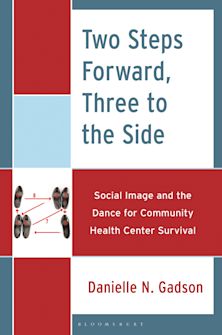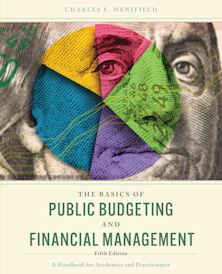From Gulag to Guantanamo
Political, Social and Economic Evolutions of Mass Incarceration
- Textbook
From Gulag to Guantanamo
Political, Social and Economic Evolutions of Mass Incarceration
- Textbook
This product is usually dispatched within 2-4 weeks
- Delivery and returns info
-
Flat rate of $10.00 for shipping anywhere in Australia
Description
This book offers the reader an incisive view into the political, social and economic evolutions of mass incarceration across the globe. It examines the different political and social contexts that combine with free market mechanisms of mass incarceration to ascertain how economic incentives shape penal policy.
Using qualitative analysis of a wide variety of incarceration forms, each chapter compares a US example with a non-US case study, showing how first world countries that occupy the economic forefront of prison privatization are exporting new models of penal institutionalization to developing countries. The chapters examine issues such as the privatization of asylum detention centres, the economic impacts of maintaining vast forced labour camps, the social consequences of imprisoning journalists, and the use of state sanctioned torture.
Capturing a nascent international trend through an interdisciplinary lens, this book questions why so many languish in prison, whether the incarceration of thousands benefits society as a whole, and how these penal policies might be roundly reconsidered.
Table of Contents
Product details
| Published | 04 Dec 2015 |
|---|---|
| Format | Paperback |
| Edition | 1st |
| Extent | 202 |
| ISBN | 9781783484706 |
| Imprint | Rowman & Littlefield |
| Dimensions | 229 x 154 mm |
| Publisher | Bloomsbury Publishing |


































